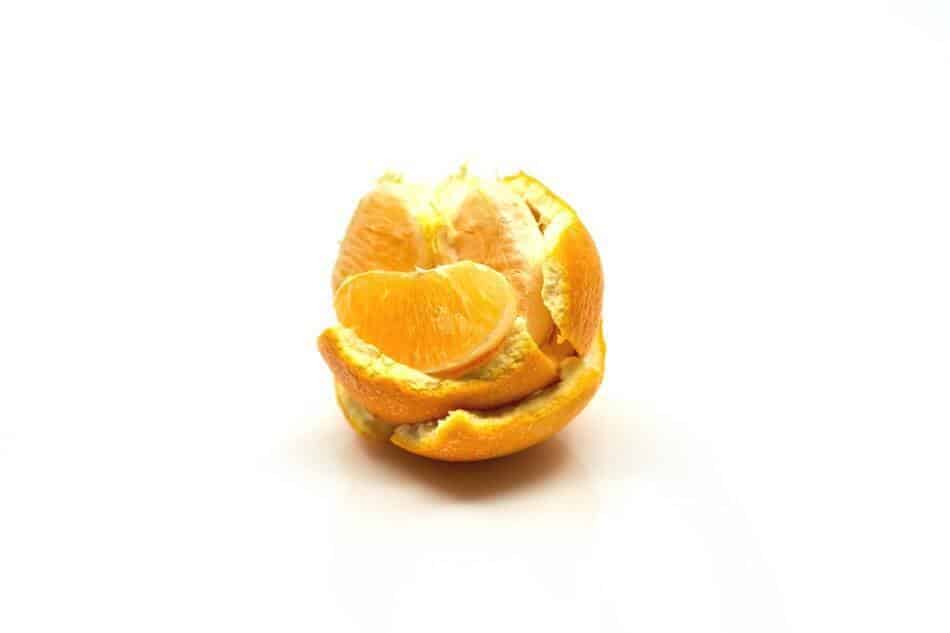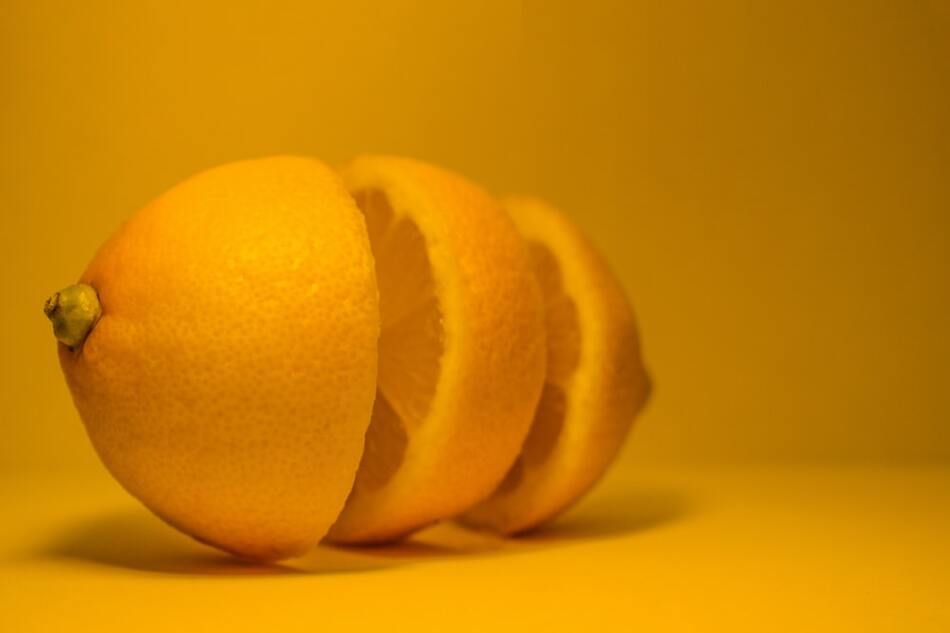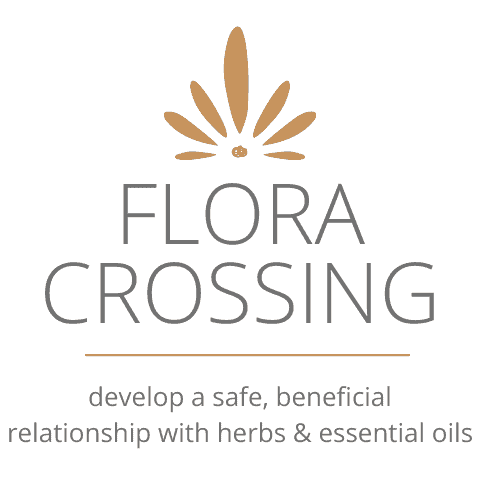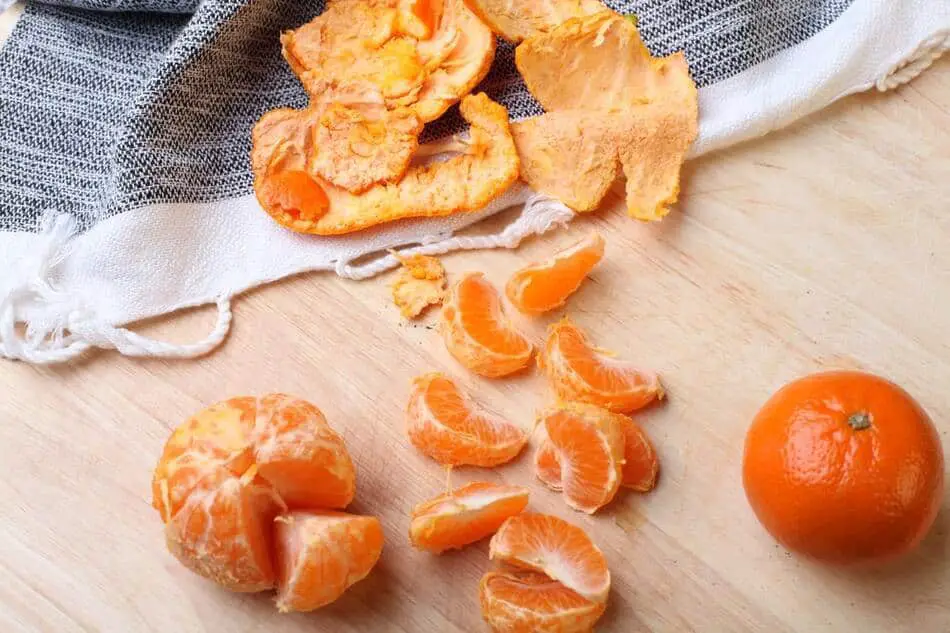Because of its pleasant scent and powerful solvent qualities, orange oil is in demand for a variety of cleaning products and food recipes. It has a number of health advantages. You may make orange oil at home using a few rinds, which you may apply to a variety of purposes. Orange oil can become a part of everyday cooking oils to make aromatic oil for use in cooking and around the house. Wondering, how to make orange essential oil? I can enlighten you on that!
To make pure orange essential oil, you will need orange peels, vodka, water, and mason jars. Now, I have provided a pretty simple recipe below. Moreover, I have added a recipe without vodka in this article.
Follow my league people! Let us start.
How To Make Orange Essential Oil?
There are several options for producing orange oil at home. Because it requires the least investment, I’m outlining one of them.
Ingredients
You will need the following things.
- One or one hand a half ounces of water.
- Orange Peels.
- Glass mason jars or any kind of plastic transparent jars.
- Around three and a half ounces of vodka.
I often utilize the rinds from 4 or 5 oranges. If you’re not sure how much peel you need, simply use all of your peels and oranges and fill a mason jar or other glass container to the top.
Now, I will walk you through some steps involved in the process of making orange essential oil.
Steps For Making Orange Essential Oil
Making your own orange oil is actually easier than you would believe. This multi-purpose oil is beneficial in a variety of ways. Remember that you may substitute the components and utilize any citrus to make your own scent.

Wash And Dry Oranges
Use a mesh bag or cheesecloth to keep them separated, and make sure they’re completely dry. When washing your oranges, be meticulous; you don’t want any dirt or pesticides to get into the fruit. After washing, allow them to dry fully.
Remove The Orange Skin
Remove the orange peels. Make sure you’re only using the peel of the orange. The pith or albedo is located within the skin, and you need to avoid using it in your orange oil. If any remains on the peel, remove it carefully with a spoon.
This is something you may accomplish over several days.
Leave The Orange Peels To Dry
Allow the orange peels to dry for a week or two before extracting the orange oil, which will make the extract more concentrated.
Put Them In The Jars
Orange peels should be dried before being added to a clean and sterile bottle or jar. Fill the container with vodka and water until it is three-quarters full. Shake the jar for a minute or two before sealing it tightly and placing it in a cool, dark place for approximately one week.
You can learn how to sterilize glass bottles here, which is an essential step to make sure your orange oil is as “clean” as possible.
After a few days, you’ll want to shake the jar for two reasons. First, to ensure that all fragrant oils are distributed and extracted via the alcohol; second, to allow all of the aromatic oils to combine.
Remove Peels
After a week, take the jar out of storage and remove the orange peels. The oil should be filtered into a bottle after removing the orange peels to keep it fresh as long as possible.
It may be refrigerated or kept at room temperature.
Making Orange Essential Oil Without Vodka
You may also produce your own homemade orange, lemon, or other citrus oil without the use of vodka.
Replace the vodka with organic vegetable oil, such as extra virgin olive oil. Even though you’re using less alcohol, it will still extract a significant amount of the orange peels’ valuable nutrients and goodness.
What Are The Benefits Of Orange Essential Oil?
Now, let me tell you about the amazing benefits of orange essential oil.

It aids in the treatment of high blood pressure and boosts the immune system when inhaled. There are two methods for inhalation: through the diffusion of steam from a diffuser or over a superheated water bowl) or via nebulization (using a dropper).
This is a type of moist inhalation, in which a few drops of sweet orange essential oil are placed on a cloth or on the inside of the wrist to breathe the fragrance regularly. However, be careful not to expose these parts of the skin to direct sunlight while applying oil.
The dispersal of orange essential oils, often known as citrus Sinensis oil, into the air instantly provides a soothing, relaxing impact that’s perfect for unwinding at the end of the day. This relaxation makes it easier to fall asleep and prevents sleeplessness.
During the holidays, consider spritzing your home with warm and natural fragrances to delight your visitors. The orange essential oil is a fantastic option for this purpose, especially if you produced it yourself.
You can also enjoy the benefits of essential oils directly on your skin by adding a few droplets to the bathtub water, and this is thanks to the calming and strengthening effects of inhalation.
Because orange essential oil is phototoxic, it should not be exposed to the sun after application.
Sweet orange essential oil is great for your skin since it has antioxidants, which help prevent skin aging. In addition, the sweet orange essential oil has a beneficial effect against excessive sebum. As a result, add a few drops to your shampoo to get rid of dandruff and care for oily hair roots. To revitalize your skin, do the same with a moisturizer, but use one that doesn’t include sun exposure.
Orange essential oil lightens and invigorates blood circulation, which is great for reducing cellulite, water retention, and severe leg discomfort.
Make a draining leg lotion that’s simple to prepare: combine fifty ml aloe vera gel, ten drops sweet orange oil, and five drops Italian helichrysum. Add ten ml of Calophyll vegetable oil or olive oil as well, and massage your legs up to the groin with the tips of your fingers.
Bottom Line
Finally, there you have it! Now, you can make organic orange essential oil at home. Moreover, now your orange peels will not go to waste. You may also utilize this method to extract essential oils from other citrus fruits, such as lemon or lime oil.
Want to Know More about Essential oils! Read the articles below.
Making Cinnamon Oil And Rosehip Oil.
How to Make Tea Tree Oil Spray?
Learn how to Distill Lavender Oil.

